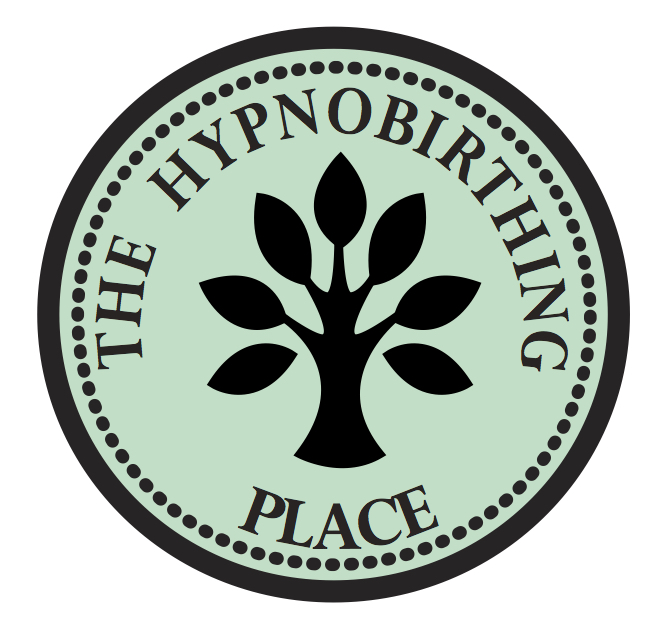Lessons learned from 15,000 births and counting…
Michel has been a pioneer of natural birth since the 60s. He was the first doctor to write about water-births in medical literature and introduced the concept of ‘home-like’ birth centres in hospitals and birthing pools.
I felt lucky to be on this course... some people had flown in from as far away as Russia to be there. I’ve incorporated some important things I learnt into the course I teach, and here follow some of their pearls of wisdom about birth:
Us humans have a highly developed neo-cortex, the rational part of our brain. Generally useful, but during labour we want the neo-cortex to stop working so that the more ‘primitive’ part of our brain can produce the hormones we need for a calm and efficient labour (endorphins and oxytocin).
This is because birth is an involuntary, physiological process. You find yourself in bizarre positions, making strange sounds, but you don’t really notice because frankly, you’re giving birth.
Situations can inhibit this natural process and make birth difficult. We can make sure this doesn’t happen.
To help switch off (and keep off) the neo-cortex, the mother needs protection against stimulants of her rational brain. This means;
1. Keeping questions to a minimum (ting, on goes the neo-cortex as soon as mum is expected to answer’)
2. Keep lights low – melatonin is released in the dark and this reduces neo-cortex activity (zzzz)
3. Keep observation/the presence of others to a minimum. When you feel observed, you observe yourself. Just think about when you’re at home alone, that’s when you are truly uninhibited
4. Relaxation techniques (like those I teach in my hypnobirthing course) help mothers to stay calm and relaxed, keeping neo-cortex activity to a minimum
5. It’s not just the mother who needs to be relaxed. Just as a yawn is catching, so too are hormones. During labour, if a woman is near someone (e.g. her partner) who is scared or worried, their body will be producing adrenalin. Her body will copy her partner’s and produce adrenalin too. This is called the Mirror neuron system and much has been written about it. Adrenalin inhibits the birth process. It will slow things down and sometimes grind things to a halt completely. The role of the partner is, ultimately, to protect the mother’s space, so that she can get on with giving birth in peace.
6. Importantly, treat the hour after the mother has given birth as if she is still in labour, with distractions kept to a minimum, low lighting and warmth.
Most things can be delayed... this is time for mum, baby and partner to just be.










